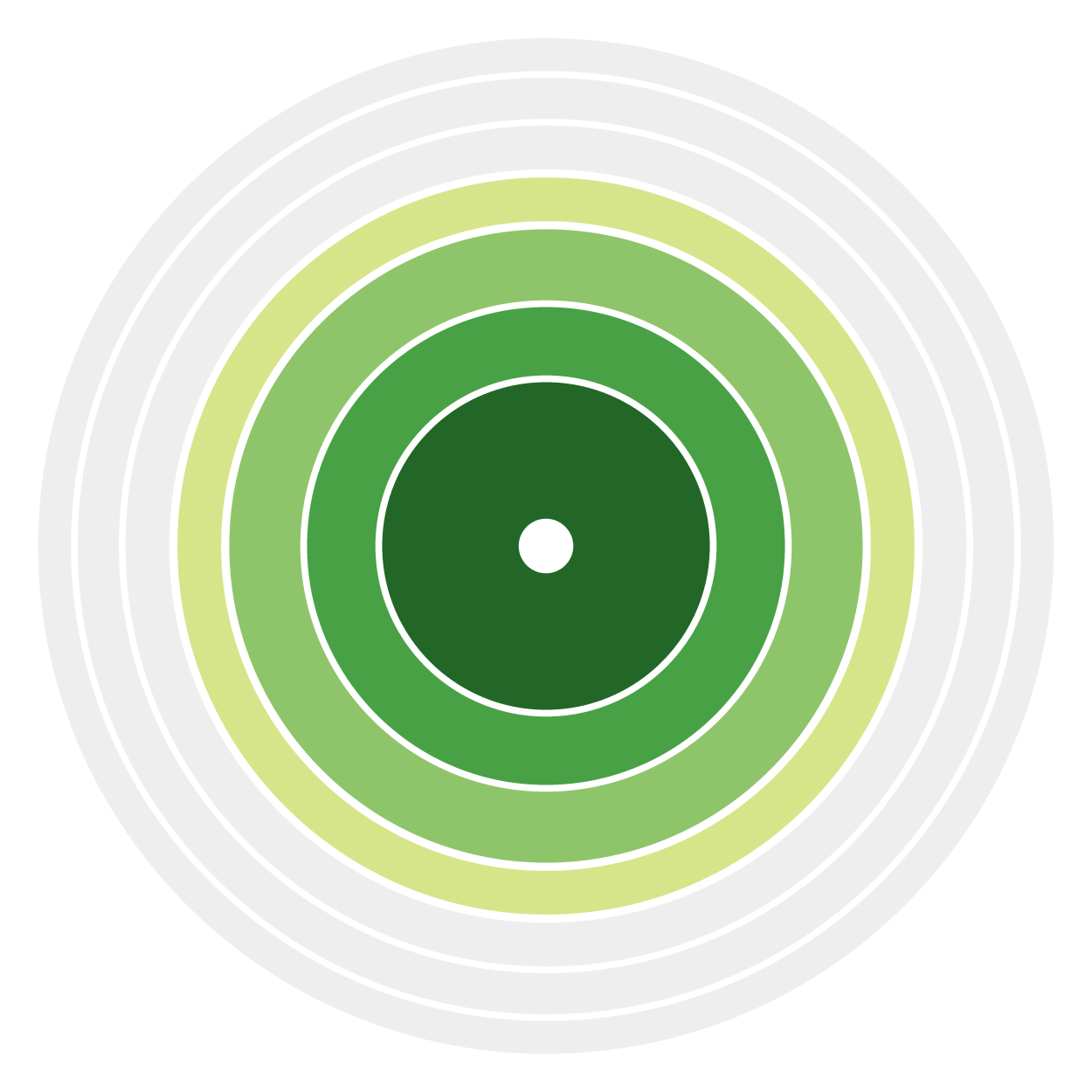Japanese vocabulary organized by JLPT level
Wikipedia JLPT N5 Vocab 501-600
QUICK STUDY
FLASHCARDS
DOWNLOAD
Most common form: ふる
'ru' godan verb, intransitive verb
to precipitate; to fall (e.g. rain)(click the word for examples and links)
ichidan verb, transitive verb
1. to tie; to fasten2. to total; to sum (see also: 〆る:しめる)
(click the word to view an additional 4 meanings, examples and links)
Most common form: いる
'ru' godan verb, intransitive verb
to need; to want (often written with kana only)(click the word for examples and links)
'bu' godan verb, intransitive verb
1. to line up; to stand in a line2. to rival; to match; to equal
(click the word to view an additional 3 forms, examples and links)
ichidan verb, transitive verb
1. to show; to display2. to make (something or someone) look ...; to present an appearance of ...
(click the word for examples and links)
'ru' godan verb, intransitive verb
1. to take (a resource, e.g. time or money) (see also: 時間がかかる; often written with kana only)(click the word to view an additional 12 meanings and 4 forms, examples and links)
ichidan verb, intransitive verb
1. to get up; to rise; to blaze up (fire)2. to wake up; to be awake; to stay awake
(click the word to view an additional 1 meaning, examples and links)
conjunction
however; but (often written with kana only)(click the word to view an additional 2 forms, examples and links)
'ru' godan verb, intransitive verb
to be troubled; to be worried; to be bothered; to be embarrassed; to be stumped(click the word for examples and links)
'mu' godan verb, transitive verb
1. to drink; to gulp; to swallow; to take (medicine) (呑む is often used metaphorically, 服む is often used for medicine)2. to smoke (tobacco) (see also: 喫む; also written 喫む)
(click the word to view an additional 4 meanings and 4 forms, examples and links)
warm; mild; genial (暖かい, 暖い usu. refer to air temperature)
(click the word to view an additional 1 reading and 3 forms, examples and links)
ichidan verb, transitive verb
1. to teach; to instruct2. to tell; to inform
(click the word to view an additional 1 meaning and 2 forms, examples and links)
noun, 'no' adjective
zero; nought (often written with kana only)(click the word to view an additional 1 reading and 2 forms, examples and links)
noun
1. the fifth day of the month2. five days
(click the word to view an additional 3 forms, examples and links)
noun
1. twentieth day of the month2. twenty days
(click the word to view an additional 3 forms, examples and links)
2. clean; clear; pure; tidy; neat (often written with kana only)
(click the word to view an additional 1 meaning and 4 forms, examples and links)
noun, 'suru' verb
1. copy; photocopy2. blurb on a book jacket
(click the word to view an additional 1 meaning, examples and links)
ichidan verb, transitive verb
to close; to shut(click the word for useful expressions, examples and links)
ichidan verb, intransitive verb
1. to clear up; to clear away; to be sunny; to stop raining2. to refresh (e.g. spirits)
(click the word to view an additional 2 meanings and 2 forms, useful expressions, examples and links)
noun
gram; gramme (often written with kana only)(click the word to view an additional 2 forms, examples and links)
noun, 'no' adjective
entrance; entry; gate; approach; mouth (see also: 出口)(click the word to view an additional 3 readings and 2 forms, examples and links)
interjection (kandoushi)
1. yes; that is correct (polite (teineigo) language)2. understood; I see; OK; okay
(click the word to view an additional 3 meanings, examples and links)
2. kind; cordial; hospitable; warm; faithful
(click the word to view an additional 2 meanings and 2 forms, examples and links)
noun
1. height; stature2. back; spine (this meaning is restricted to reading せ)
(click the word to view an additional 1 reading, 2 meanings and 3 forms, examples and links)
noun
1. tobacco; cigarette; cigaret; cigar (often written with kana only; originally from Portuguese 'tabaco')2. tobacco plant (Nicotiana tabacum) (often written with kana only)
(click the word to view an additional 4 forms, examples and links)
noun
1. fourth day of the month2. four days
(click the word to view an additional 3 forms, examples and links)
2. to leave (of a guest, customer, etc.)
(click the word to view an additional 1 meaning and 3 forms, examples and links)
adverbial noun (fukushitekimeishi), noun (temporal) (jisoumeishi)
tonight; this evening(click the word for examples and links)
ichidan verb, intransitive verb
1. to get tired; to tire2. to be worn out (e.g. of well used objects)
(click the word to view an additional 1 meaning, examples and links)
Most common form: くる
irregular verb くる, intransitive verb
1. to come (spatially or temporally); to approach; to arriveirregular verb くる, intransitive verb, auxiliary verb
2. to come back; to do ... and come back (see also: 行って来る)(click the word to view an additional 3 meanings and 2 forms, examples and links)
noun
1. 20 years old2. twenty (archaic; this meaning is restricted to form 二十, 廿)
(click the word to view an additional 1 reading and 5 forms, examples and links)
noun
1. sixth day of the month2. six days
(click the word to view an additional 2 readings and 2 forms, examples and links)
1. cool; refreshing
2. clear (e.g. eyes); bright
(click the word to view an additional 3 meanings, examples and links)
noun
1. (swimming) poolnoun, 'suru' verb
2. pool (billiards)(click the word to view an additional 1 meaning, examples and links)
ichidan verb, transitive verb
to turn on; to switch on; to light up (see also: 付ける; often written with kana only)(click the word to view an additional 1 form, examples and links)
noun, adverb
2. steps; stairs; staircase; terrace(click the word to view an additional 2 forms, examples and links)
adverb, noun, 'suru' verb, 'to' adverb
slowly; at ease; restful (onomatopoeic or mimetic word)(click the word for examples and links)
2. to open (e.g. business, etc.) (esp. 開く)
(click the word to view an additional 7 meanings and 3 forms, examples and links)
'ku' godan verb, transitive verb
1. to hear2. to listen (e.g. to music) (usu. 聴く)
(click the word to view an additional 4 meanings and 3 forms, useful expressions, examples and links)
noun
ball-point pen (originally from 'ball pen')(click the word to view an additional 1 form, examples and links)
pronoun, 'no' adjective
1. that way (direction distant from the speaker, close to the listener) (see also: 何方, 此方, 彼方; often written with kana only)2. there (place distant from the speaker, close to the listener)
(click the word to view an additional 3 meanings and 2 forms, examples and links)
1. dirty; filthy; foul; unclean
2. disordered; messy; untidy; poor (e.g. handwriting)
(click the word to view an additional 3 meanings and 3 forms, examples and links)
'u' godan verb, transitive verb
1. to smoke; to breathe in; to inhale2. to suck; to sip; to slurp
(click the word to view an additional 2 meanings and 2 forms, examples and links)
noun
1. fork2. folk; folk song (this meaning is restricted to reading フォーク)
(click the word to view an additional 1 meaning and 1 form, examples and links)
ichidan verb, intransitive verb
to go out; to vanish; to disappear(click the word for examples and links)
noun
1. dining room; dining hall; cafeteria; messroom2. restaurant; eatery; snack bar; diner
(click the word for examples and links)
Most common form: かす
'su' godan verb, transitive verb
1. to lend; to loan2. to rent out; to hire out
(click the word to view an additional 2 forms, examples and links)
noun
trousers; pants (also written as 洋袴 and 段袋 during the Meiji period; originally from French 'jupon')(click the word for examples and links)
noun
one month(click the word to view an additional 1 reading and 1 form, examples and links)
'ku' godan verb, intransitive verb
1. to work; to labor; to labour2. to function; to operate; to be effective; to work (i.e. ... works); to come into play
(click the word to view an additional 2 meanings, examples and links)
expression
1. well then ... (often written with kana only)2. in that situation; in which case (often written with kana only)
(click the word to view an additional 4 forms, examples and links)
noun
1. match (contest)2. to match with; to go well with
(click the word for examples and links)
2. uninteresting (esp. joke); lame; dull; weak; corny (see also: お寒い)
(click the word to view an additional 1 reading, examples and links)
interjection (kandoushi)
1. yes; that is correct; right2. um; errr
(click the word to view an additional 3 meanings and 1 form, examples and links)
Most common form: そっち
pronoun, 'no' adjective
1. that way (direction distant from the speaker, close to the listener) (see also: 何方, 此方, 彼方; often written with kana only)2. there (place distant from the speaker, close to the listener)
(click the word to view an additional 3 meanings and 2 forms, examples and links)
expression
and then; after that (often written with kana only)(click the word to view an additional 1 form, examples and links)
adverbial noun (fukushitekimeishi), noun (temporal) (jisoumeishi)
Sunday(click the word to view an additional 3 forms, examples and links)
Most common form: くらい
1. dark; gloomy
2. dark (in colour); dull
(click the word to view an additional 3 meanings and 4 forms, examples and links)
1. dangerous; risky; hazardous; perilous; precarious
2. in danger; in jeopardy; critical; grave; at risk
(click the word to view an additional 3 meanings and 2 forms, examples and links)
2. to lose spirit; to lose vigor; to look dead
(click the word to view an additional 1 meaning, examples and links)
ichidan verb, intransitive verb
1. to be born2. to be produced
(click the word to view an additional 4 forms, examples and links)
noun
1. glass (i.e. drinking vessel); tumbler (also written 洋盃 and 骨杯; originally from Portuguese 'copo', dut 'Kop')2. cop (police officer) (slang)
(click the word for examples and links)
2. to extend; to cover; to range; to span (see also: にわたって; usu. 亘る or 亙る)
(click the word to view an additional 4 forms, examples and links)
adverbial noun (fukushitekimeishi), noun (temporal) (jisoumeishi)
day before yesterday(click the word to view an additional 2 readings, examples and links)
Kanshudo is your AI Japanese tutor, and your constant companion on the road to mastery of the Japanese language.
To get started learning Japanese, just follow the study recommendations on your Dashboard.
You can use Quick search (accessible using the icon at the top of every page) to look up any Japanese word, kanji or grammar point, as well as to find anything on Kanshudo quickly.
For an overview, take the tour.




